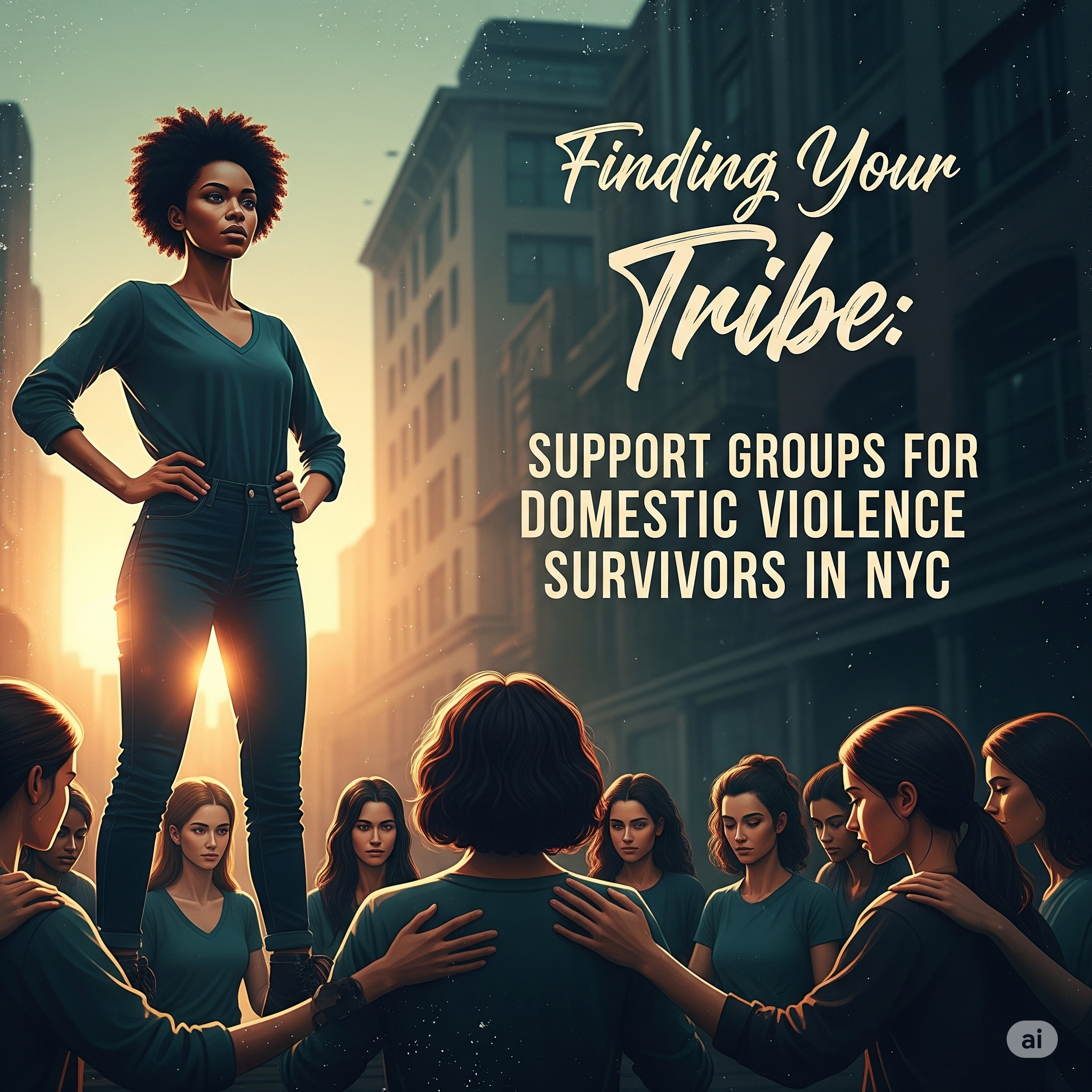Finding Your Tribe: Support Groups for Domestic Violence Survivors in NYC
This blog post discusses the importance and general types of support groups available for domestic violence survivors in a large city like New York City, offering guidance on finding these vital resources.

Support Groups for Domestic Violence Survivors in NYC: Finding Connection and Healing
Leaving an abusive relationship is a courageous and significant step. In New York City, finding connection and understanding with others who have shared similar experiences can be a vital lifeline. Support groups for domestic violence survivors offer safe, empowering spaces to connect, share, and heal within a community of peers.
The Power of Connection in a City of Millions
Survivors often feel isolated despite the city’s vibrant social scene. Support groups provide:
- A confidential environment to share experiences without judgment
- Practical insights and coping strategies from peers
- A sense of community and belonging
- Emotional support and encouragement to foster resilience
Types of Support Groups Available
New York’s extensive network of social services offers various group formats:
- General survivor support groups open to anyone who has experienced domestic violence
- Specialized groups for intimate partner violence, family violence, or specific communities (for example, LGBTQ+ survivors)
- Therapy-based groups led by mental health professionals combining peer support with clinical guidance
- Skills-based groups focusing on assertiveness training, safety planning, and self-defense
- Online support groups providing accessibility and flexibility for those unable to attend in person
How to Find Support Groups in NYC
Navigating resources in a large city can be overwhelming. Survivors can:
- Contact local domestic violence organizations such as Safe Horizon or the NYC Alliance Against Sexual Assault for referrals
- Call regional helplines to get information on group meetings and schedules
- Inquire at community centers, libraries, and places of worship about hosted support groups
- Search vetted online directories of survivor services, ensuring each listing is legitimate and safe
- Ask therapists or counselors for recommendations based on individual needs
Taking the First Step
Joining a support group can be transformative. To prepare:
- Research group formats and decide what feels most comfortable—large versus small groups, in-person versus online
- Consider safety measures like using a private email account and confirming meeting confidentiality
- Attend an introductory session or orientation when available
- Reach out to facilitators with questions about structure, focus, and group guidelines
Conclusion
Support groups offer survivors a pathway from isolation to empowerment. By connecting with others who understand the journey, individuals can access validation, practical tools, and a strong community. In a city as large as New York, these groups remind survivors that they are not alone and that healing is possible together.
What You Can Do
- Encourage someone you know to explore support groups if they have experienced abuse
- Volunteer with or donate to organizations that host survivor groups
- Share information about local meetings on social media to raise awareness
- Advocate for expanded funding and access to survivor services across all boroughs
